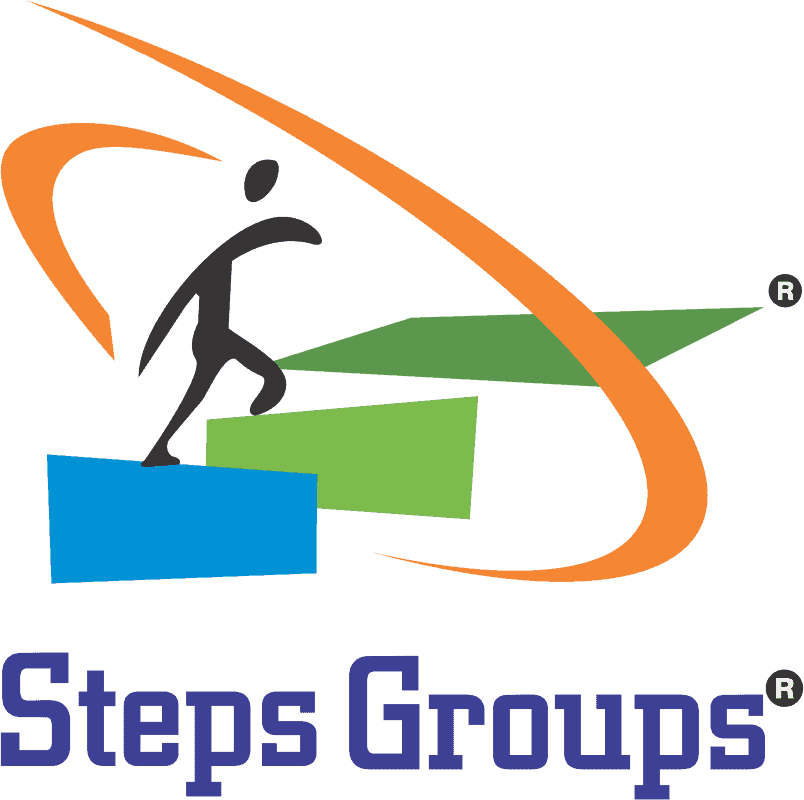ADHD Treatment in Coimbatore
Attention Deficit Hyperactive Disorder-
ADHD is one of the most common neurodevelopment disorders of childhood. It is usually first diagnosed in childhood and often lasts into adulthood. Children with ADHD may have trouble paying attention, controlling impulsive behaviours or be overly active. There are three subtypes of ADHD: (1) Predominantly inattentive. The majority of symptoms fall under inattention. (2) Predominantly hyperactive/impulsive. The majority of symptoms are hyperactive and impulsive. (3) Combined. This is a mix of inattentive symptoms and hyperactive/impulsive symptoms.
Inattention
A child who shows a pattern of inattention may often: Fail to pay close attention to details or make careless mistakes in schoolwork, have trouble staying focused in tasks or play, appear not to listen, even when spoken to directly, have difficulty following through on instructions and fail to finish schoolwork or chores, have trouble organising tasks and activities, avoid or dislike tasks that require focused mental effort, such as homework, lose items needed for tasks or activities, for example, toys, school assignments, pencils, be easily distracted Forget to do some daily activities, such as forgetting to do chores
Hyperactivity and impulsivity
A child who shows a pattern of hyperactive and impulsive symptoms may often: Fidget with or tap his or her hands or feet, or squirm in the seat, have difficulty staying seated in the classroom or in other situations, be on the go, in constant motion, run around or climb in situations when it’s not appropriate, have trouble playing or doing an activity quietly, talk too much, blurt out answers, interrupting the questioner, have difficulty waiting for his or her turn, interrupt or intrude on others’ conversations, games or activities
Typical developmental behaviour vs. ADHD
Most healthy children are inattentive, hyperactive or impulsive at one time or another. It’s typical for preschoolers to have short attention spans and be unable to stick with one activity for long. Even in older children and teenagers, attention span often depends on the level of interest. The same is true of hyperactivity. Young children are naturally energetic — they often are still full of energy long after they’ve worn their parents out. In addition, some children just naturally have a higher activity level than others do. Children should never be classified as having ADHD just because they’re different from their friends or siblings
ADHD Causes
While the exact cause of ADHD is not clear, research efforts continue. Factors that may be involved in the development of ADHD include genetics, the environment or problems with the central nervous system at key moments in development.
ADHD Prevention
To help reduce your child’s risk of ADHD: During pregnancy, avoid anything that could harm fetal development. For example, don’t drink alcohol, use recreational drugs or smoke cigarettes. Protect your child from exposure to pollutants and toxins, including cigarette smoke and lead paint. Limit screen time. Although still unproved, it may be prudent for children to avoid excessive exposure to TV and video games in the first five years of life.
ADHD Treatment in Coimbatore
Occupational therapist helps kids with ADHD improve certain skills, such as: Organization, physical coordination, ability to do everyday tasks such as take a shower, organize their backpack, or make their bed quickly and well, control their energy levels, hyperactivity, etc.



